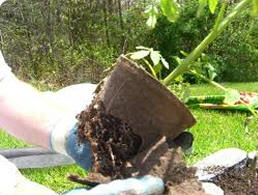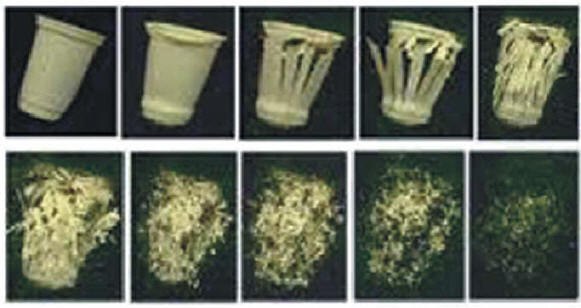![]()
BIODEGRADABILITY
Biodegradable Plastic is plastic which will degrade from the action of naturally occurring microorganism, such as bacteria, fungi etc. over a period of time. Note, that there is no requirement for leaving "no toxic residue", and as well as no requirement for the time it needs to take to biodegrade.
When natural organic materials go into the ground, they tend to decompose progressively before they disappear. This is very important for the environment, which has to get rid of waste to make room for new life. Photosynthetic organisms like trees, plants and algae, absorb carbon dioxide from the atmosphere. Using the suns energy, they synthesize sugars and a whole range of other substances present in nature.


The flow of substances and energy passes along the food chain from the plants to the herbivores, and from these, to carnivores. However, this mechanism would quickly become blocked if the opposite process did not exist, that is, if it was not possible to release carbon dioxide from organic material. So, in natural equilibrium, the process of biodegradation is as important as that of photosynthesis. Micro-organisms play an important role in biodegradation they are present in every environment and fed by organic waste. Thus, organic material is transformed back into carbon dioxide thereby completing the natural cycle.
Degradable Plastic is plastic which will undergo a significant change in its chemical structure under specific environmental conditions resulting in a loss of some properties. Please note that there is no requirement that the plastic has to be degrade from the action of "naturally occurring microorganism" or any of the other criteria required for compostable plastics.